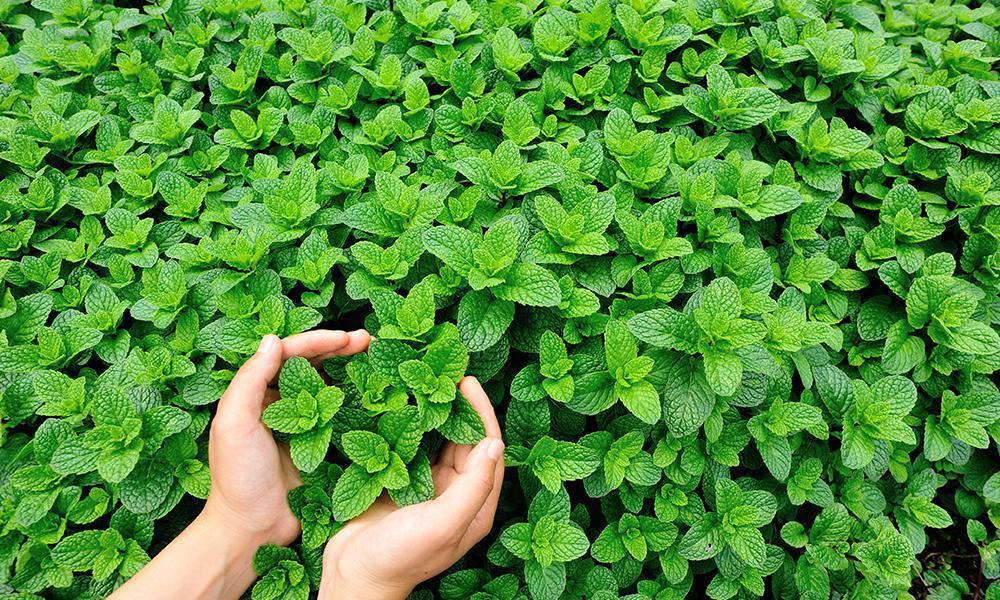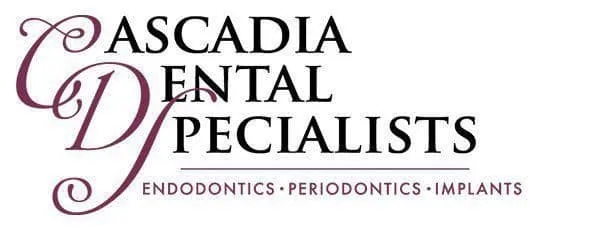
Most people (especially us here in the Pacific Northwest) enjoy starting our mornings with a nice cup of coffee (or tea), but I'm sure most of us have never given a second thought to how this morning ritual affects our teeth. I'm sure everyone knows coffee and tea can cause staining, but are there any other negative effects or are there any benefits? The answer to those questions, both of them, is yes!
Because enamel is porous, dark colored foods and drinks like coffee and tea can cause staining. Imagine the inside of your coffee cups... coffee does the same thing to your teeth that it does to your once nice, white mug. And for you tea drinkers out there, black tea has been shown to stain more than coffee. Coffee, however, is also acidic. That acidity in coffee can also cause enamel erosion (Tea drinkers, you have a one-up here, tea has no erosive effect on teeth). Once your enamel is lost, it doesn't grow back. Enamel erosion can lead to increased sensitivity, increased risk for tooth decay, and darker/yellower teeth due to the fact that the layer under the enamel is a darker color than nice white of your natural crowns. So how can you drink your morning pick me up without damaging your teeth or creating a not so bright smile? There are a few things you can do in order to minimize the impact of the tannins and acid of coffee and tea; first you can start by using a straw. Using a straw keeps contact between the liquid and your teeth to a minimum. Brush your teeth after drinking these beverages, but wait about thirty minutes after drinking before you do so. If you brush right afterwards you are not giving your saliva a chance to neutralize the acid and you are essentially brushing your teeth with acid and creating more damage. There are also some foods you can eat to help clean your teeth naturally. Fibrous fruits and veggies require a lot of chewing which not only helps generate more saliva to help neutralize acid, but the fibers help scrub teeth clean. Strawberries specifically contain malic acid, which is a natural enamel whitener. Lastly, Arabica coffee beans have been shown to be less likely to stain than Robusta, so if nothing else, you can pick the lesser of the staining offenders. If your teeth are still stained, don't worry, this type of staining is easily removable at your dentists office during regular cleanings, as long as you go at least twice a year.
Another side effect of drinking too much coffee and tea is bad breath. Caffeine can dry out saliva flow, without saliva, bacteria can grow more rapidly, try chewing sugar free gum if you feel like you have dry mouth in order to stimulate saliva production. Excess bacteria in your mouth can cause bad breath (and tooth decay, periodontal disease, infection, etc). How you take your coffee or tea can make the situation worse. Bacteria thrives on sugar, so if you like sugary creamers or sugar in your drinks, you are creating a perfect environment for all those little bacteria to multiply. So, if you don't take your coffee black, remember to brush your teeth half an hour after you've finished in order to wash all those sugars out.
Where's the benefits then, you must be wondering. Well, I'll tell you! Black coffee (and some tea) has been shown to help destroy plaque causing bacteria. Coffee and tea are antibacterial against S. Mutans, the main bacteria that causes tooth decay. Roasted beans tested better than unroasted, though both showed benefits. It has been shown that coffee (specifically roasted) interferes with the absorption of bacteria to teeth, though it doesn't prevent growth of the S. mutans, it does reduce the amount that sticks to your teeth. Teas have shown some of the same benefits as coffee. Green tea specifically has added benefits from the natural antioxidant compounds (catechins) that are in it. The Journal of Periodontology showed improvement in periodontal disease after drinking one cup of tea per day. The catechins in the tea interfere with the inflammation that results from bacteria in the mouth associated with periodontal disease. Black tea had similar results, but to a lesser extent than green tea.
So, in recap, go ahead, drink your morning fix. Just remember.... the less you add to it the better (the studies that showed that coffee helped keep bacteria from sticking had one caveat, you had to drink it black. No sugars or creams), remember to brush half an hour after drinking, and go in for your routine cleanings. If you do all of these things you will keep your pearly whites sparkling and healthy while enjoying your daily jump start!

